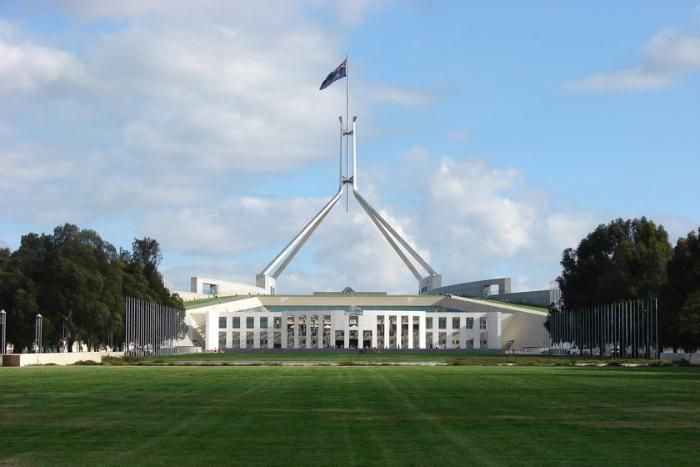
Digital Rights Watch have slammed both the Government and the Labor Opposition for passing the Assistance and Access Bill through the Lower House of Parliament today.
“The fundamental fact remains that the powers being handed out to law enforcement are ill-informed, badly drafted and a gross overreach,” said Digital Rights Watch Chair Tim Singleton Norton.
“This Bill is still deeply flawed, and has the likely impact of weakening Australia’s overall cybersecurity, lowering confidence in e-commerce, reducing standards of safety for data storage and reducing civil right protections. In its very design, it is antithetical to human rights and core democratic principles. Lawmakers are on notice that they will be responsible for the consequences of introducing weaknesses into our digital infrastructure – including adverse consequences borne by everyday people who rely on encryption to go about their daily lives in a digital society.”
“It is absolutely astonishing to us that this Bill would be passed by the lower house on the last sitting day of the year, with almost no time for consideration of the amendments in the Senate, justified by a sense of urgency that is entirely spurious. No wonder Australians are losing faith in democratic processes when representatives treat public scrutiny processes with contempt.”
“The last minute amendments rushed through Parliament today provide weak and inadequate oversight provisions and will do little to change the drastic harm that this bill will wreak on the privacy of Australian citizens, the technology industry and the infrastructure of the digital economy in this country.”
“This entire process has been a farce. A rushed report in response to additional secret hearings with law enforcement and spy agencies stated that suddenly these new powers were needed before Christmas. Australians need to be able to trust the systems that rely on encryption every single day. This haphazard abuse of Parliamentary process will undermine trust in those systems, as well as government itself,” said Mr Singleton Norton.
“Encryption is not a barrier to a safe society – quite the opposite – it is a form of protection against criminal acts, including state-sponsored hacking. Encryption plays a role in protecting our digital infrastructure, such as the banking system, the electricity grid and mass transit systems. This is the future of warfare and encryption is one of our few defences against criminal and aggressive acts. It is an important line of defence against bad actors, and we weaken it at our peril.”
“Our collective future should be one that embraces the opportunities that are presented by technology. Instead, this encryption legislation will only push us backwards – a direction in which both major parties seem determined to see our nation head.”
“The deal has been done between the two major parties, and this dangerous Bill will now pass on to the Senate for review. Our hope is that Senators will listen to the overwhelming evidence presented by human rights experts, technology specialists and telecommunication providers, and put forward sensible amendments,” said Mr Singleton Norton.